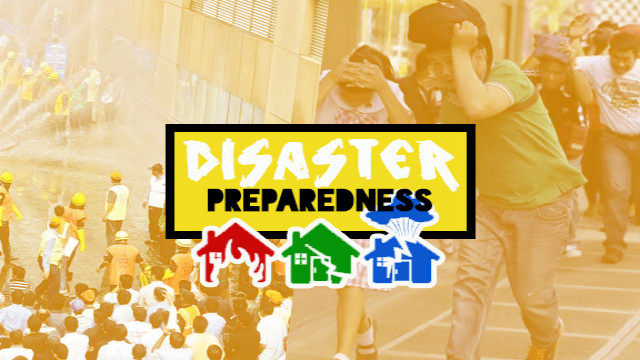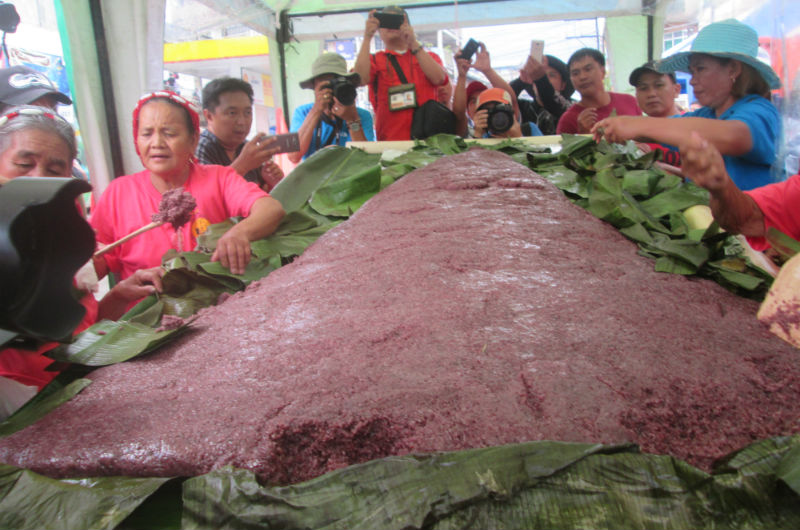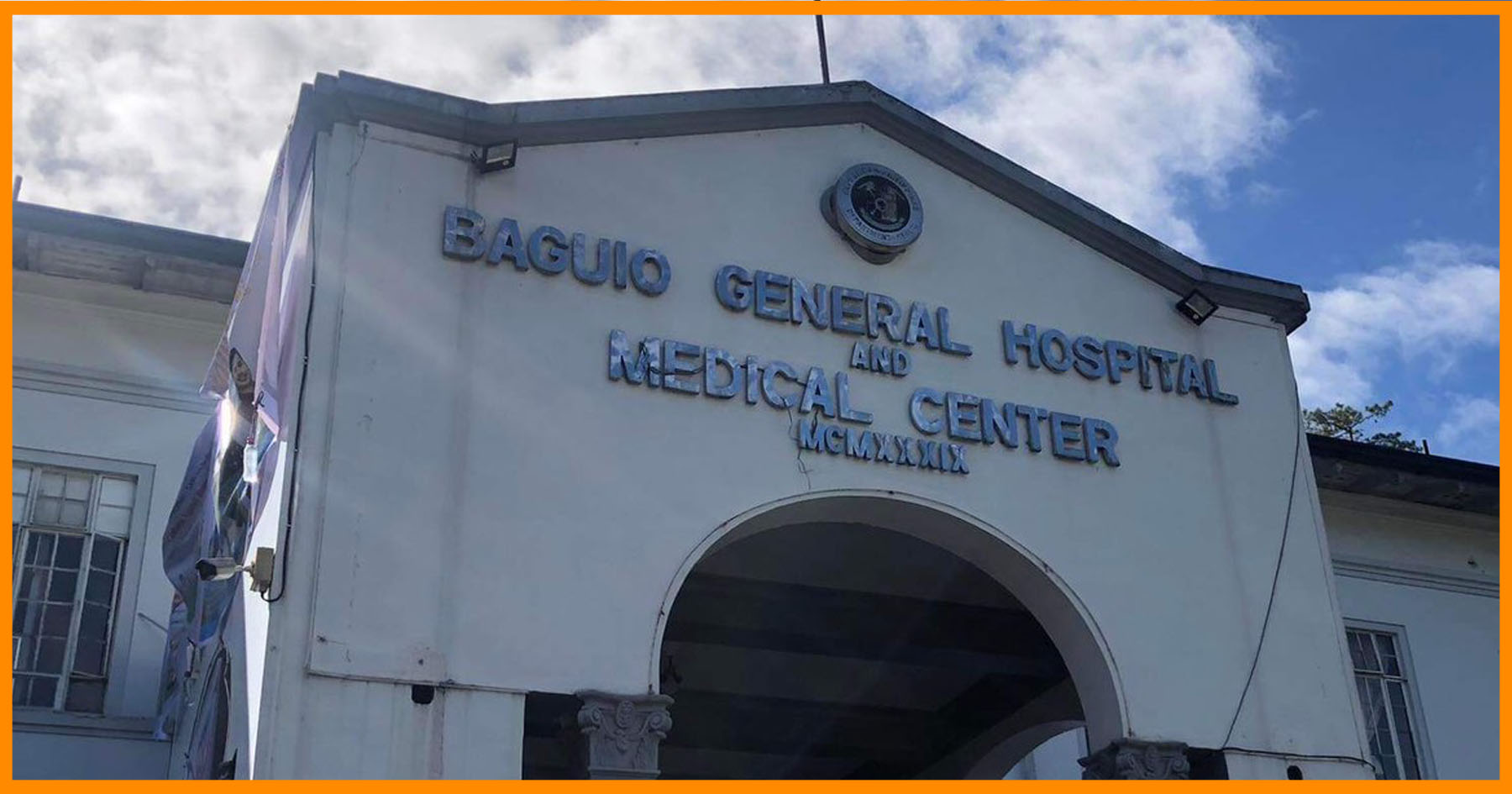BAGUIO CITY – Members of the local legislative body approved the allocation of some P91.2 million from the P2.059 proposed annual budget for this year for the city’s disaster risk reduction and management programs geared towards reducing the exposure of vulnerable sectors to natural and man-made calamities.
Louie Glenn Lardizabal, Local Disaster Risk Reduction and Management Officer who is in charge of research and planning, said that of the said amount, P63.9 million is allocated for the four thematic areas of disaster risk reduction and management while some P27.3 million is set aside as quick response fund during disasters.
Of the earmarked funds for the four thematic areas of disaster risk reduction and management, P48.5 million is for preparedness, P8.2 million for rehabilitation and recovery, P4.3 million for prevention and mitigation while P2.7 million is for response.
Republic Act 10121 or the National Disaster Risk Reduction and Management Act provides that the Local Disaster Risk Reduction and Management Office in coordination with concerned national agencies and instrumentalities is mandated to formulate and implement a comprehensive and integrated Local Disaster Risk Reduction and Management Plan in accordance with the national, regional and provincial framework, and policies on disaster risk reduction in close coordination with the Local Development Council.
Lardizabal reported pre-disaster actions and measures have been incorporated in the city’s disaster risk reduction and management plan through systematic efforts to analyze and management the casual factors of disasters.
He explained Baguio City’s vulnerability to disasters, both natural and man-made, is now a well-established fact as shown by records of calamities and disasters experienced over the past few decades.
Originally designed as a compact garden city by the Americans in the early 1900, and later, also designated as the Summer Capital of the Philippines, he said the city’s title remains undisputed because of the city’s unique natural endowments of rich panoramic vistas and cool weather.
Given the city’s status as the center of education and trade and commerce north of Manila, the Lardizabal pointed out local governance must ensure public welfare and safety through socio-economic and environmental sustainability as drivers for resiliency and growth and that the city government needs to address these concerns and among its recent priorities is to put in place a policy framework that sets the direction and define appropriate actions for disaster preparedness and response at any given time.
Lardizabal emphasized the local government initiated the preparation of a City Disaster Risk Reduction and Management Plan cum Climate Change Adaptation and Mitigation adopting a multi-stakeholder consultative and participatory process, evolving a strong vision which states that ‘we envision a safe and resilient Baguio.
By Dexter A. See














